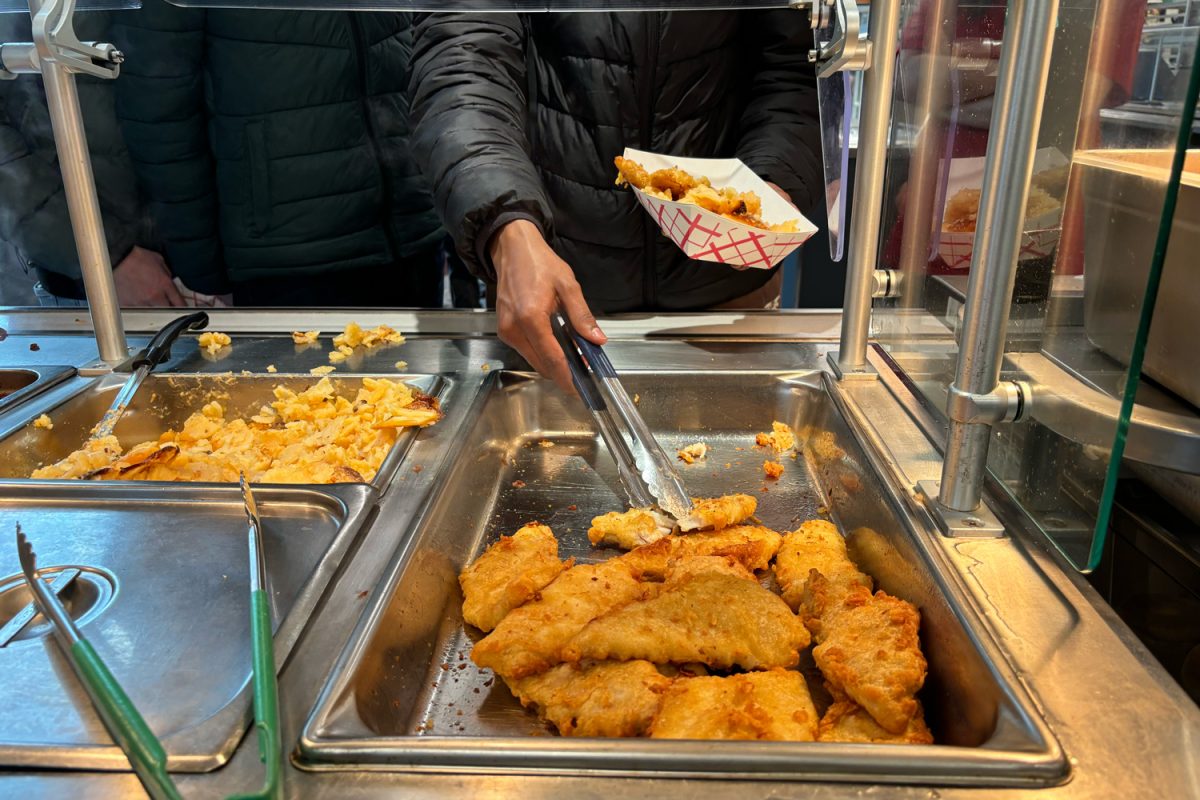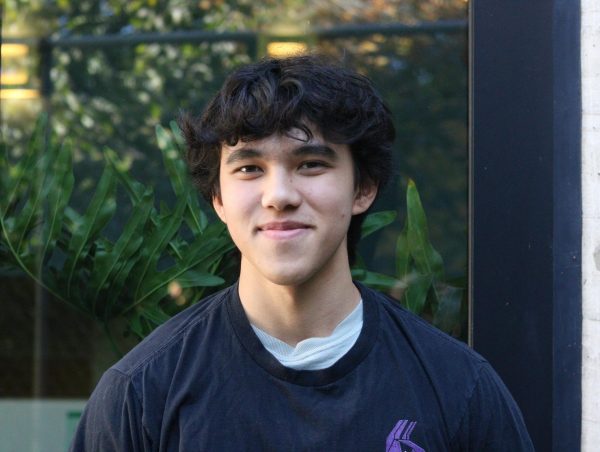On any given day at the Commons cafe, University Prep students and faculty consume anywhere from 120 to 280 pounds of meat. For Felicia Lindholm, head of the kitchen staff, buying high-quality and humanely sourced animal products is important. However, the sheer amount of product necessary to feed the community imposes limitations on the standards the cafe is able to uphold.
Animal products are purchased through numerous wholesale suppliers, such as Sysco, Restaurant Depot, and Costco. At the beginning of each week, Lindholm searches each supplier’s stock for fresh products. Most beef comes from Wyoming and most chicken comes from Kansas and California. Lindholm usually avoids buying meats from outside the United States as well as frozen food.
Lindholm is mindful of animal welfare because of the large amounts of meat the Commons Cafe purchases. However, buying organic meat is not feasible.
“I would love to buy organic, farm hand-raised chickens. I really would. First of all, it’s like seven dollars a pound…We buy stuff that’s about three to four dollars a pound, so I buy very good products,” Lindholm said. “If I spend seven dollars a pound on chicken and you eat a pound of chicken, which most of the big kids do, I wouldn’t be here. I wouldn’t be able to feed you guys anymore. Your parents would be like: ‘Why was the lunch 20 dollars?’”
While adhering to the highest animal welfare standards is not possible, Lindholm says the Cafe recently began serving halal beef. While most chicken breasts served are halal, chicken patties, tenders, and other forms of breaded chicken usually do not meet the standards. Additionally, Lindholm only buys wild-caught fish and free-range eggs (although Lindholm acknowledges how this term is misleading).
Lindholm prefers to see products in person before purchasing them and is watchful for any signs of poor butchering or unnatural characteristics. When Lindholm cannot see products in person and receives deliveries instead, she carefully examines the contents.
“If I buy a product from somewhere, let’s say I buy chicken legs, and I see a lot of feathers on it and I see a lot of bad butcherings like cuts in the legs…if I see a bruise, a vain–anything that shouldn’t be there–discoloration–That’s how I know if I’ll buy it again. And then also I’ll throw it away,” Lindholm said.
Above all, Lindholm wants students to feel sure about what they are eating.
“One thing that’s super important to me—and I grew up in a very foodie family–-If I won’t eat it, you’re not eating it,” Lindholm said.



